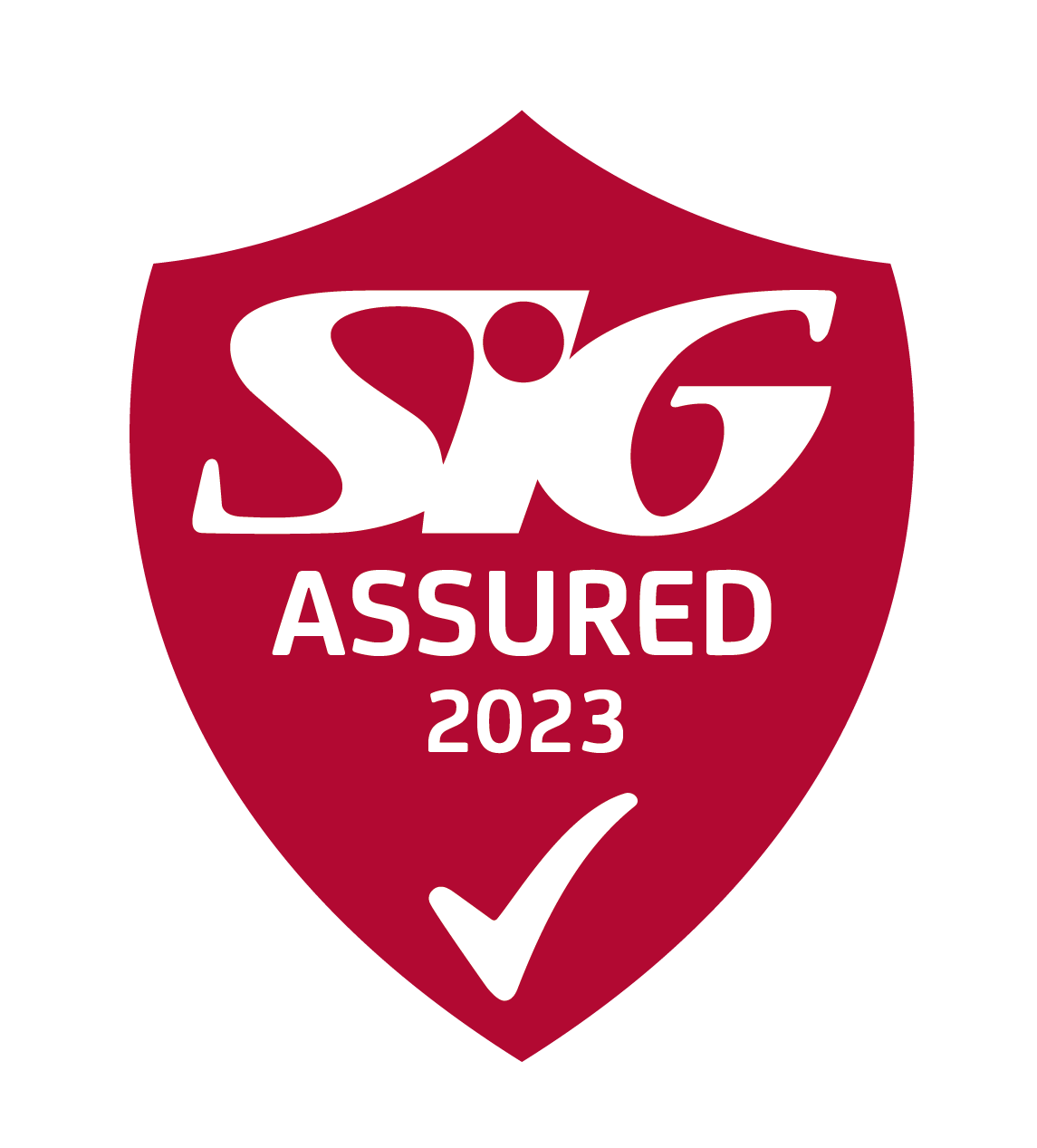Psychoactive Substances
The Psychoactive Substances Act 2016, came into effect on 26 May 2016 replacing The Intoxicating Substances Supply Act 1985.
The act bans the sale of psychoactive substances known as ‘legal highs’, in the UK and places restriction on the supply of products with psychoactive effects e.g., glues, solvents, thinners.
The UK has seen a rise in new substances and products that mimic the effects of traditional controlled drugs such as cannabis, cocaine, amphetamine and MDMA (ecstasy).
The Misuse of Drugs Act 1971 continues to be the main drug legislation in the UK controlling over 500 psychoactive substances as well as other harmful drugs, e.g., heroin and cocaine which are not covered by this act.
The act seeks to address the delay typically associated with the emergence of a new substance, its identification and subsequent specific inclusion under previous legislation.
It creates criminal offences covering the supply of a psychoactive substance including:
- producing a psychoactive substance (section 4)
- supplying, or offering to supply, a psychoactive substance (section 5)
- possession of a psychoactive substance with intent to supply it (section 7)
- importing or exporting a psychoactive substance (section 8)
A substance must be capable of having a psychoactive effect to be covered by the new legislation defined as something which affects a person’s mental functioning or emotional state by stimulating or depressing their nervous system.
This would include effects that we associate with controlled drugs, including the following:
- hallucinations
- changes in alertness
- perception of time and space
- mood or empathy with others
- drowsiness
This wide definition intends to pre-empt new substances emerging onto the drugs market by defining them by their effects rather than by their chemical structure.
The supply and offer to supply offences (section 5) have most relevance in the supply chain
Retailers are not expected to test substances to confirm whether they are psychoactive.
Retailers who know or are reckless about whether a psychoactive substance is likely to be consumed by the person to whom it is supplied, or by some other person, for its psychoactive effects should take reasonable steps to make sure they are aware of the potential uses of such products.
Unlike the Intoxicating Substances Supply Act, there is no legally defined minimum age for purchase
All substances that are covered by ISSA continue to be in the scope of the act. These are the substances that should be the focus of retailers.
Further Information
For general enquiries, please email the Home Office Drugs and Alcohol Unit at [email protected]
Source of Information: https://www.gov.uk/government/publications/psychoactive-substances-act-guidance-for-retailers/psychoactive-substances-act-2016-guidance-for-retailers

